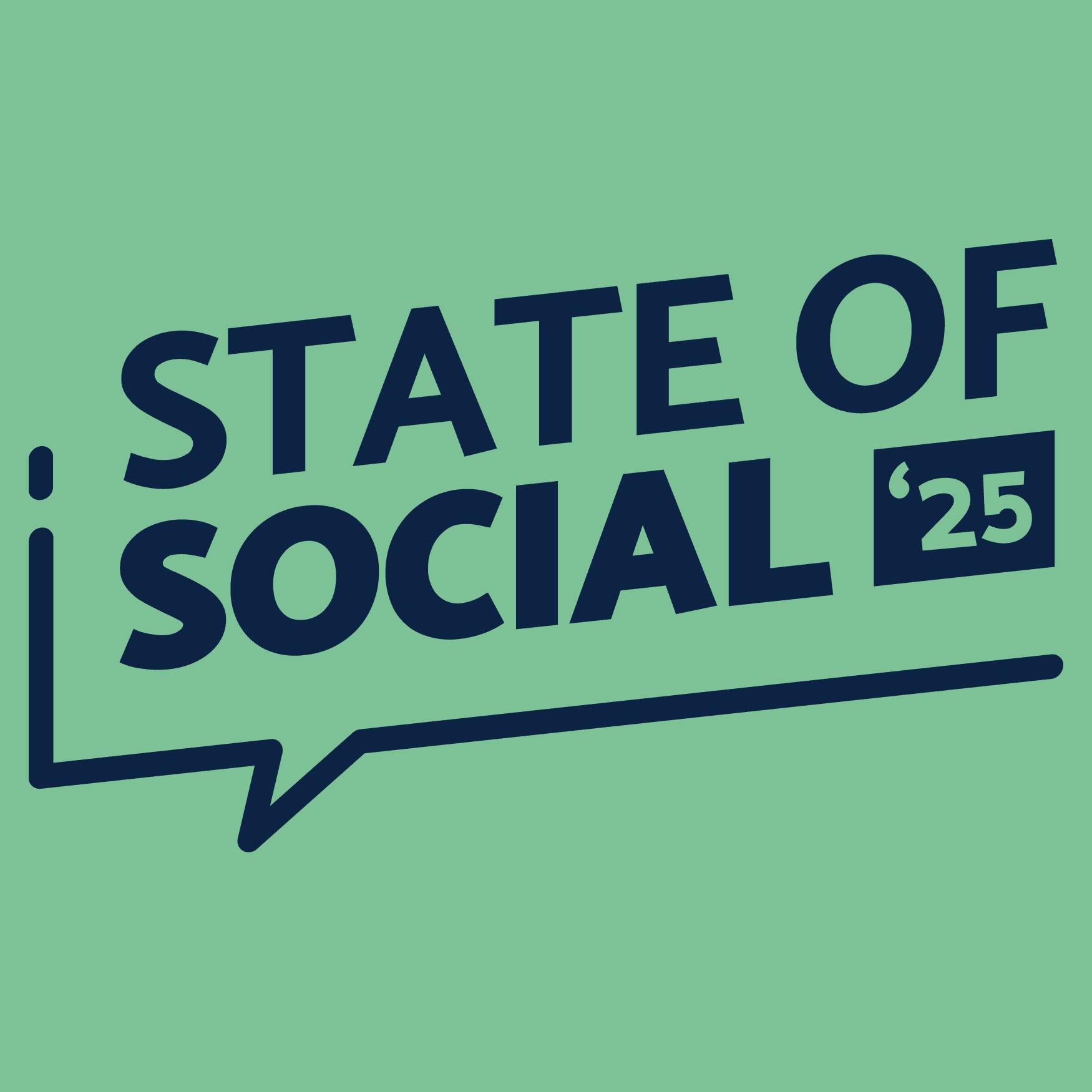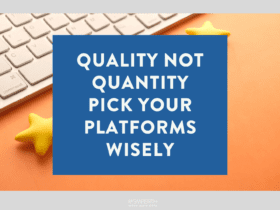Don’t know your CSS from your elbow?
When so much of marketing is digital, a marketer who doesn’t know even a little code is like a magazine editor who lacks basic grammar.
I’ve spent some of my extra time in the recent lockdown rebuilding my website. It’s long been overdue for a refresh – not least because the blog has lain dormant for far too long.
I’m using a WordPress template, but I’m never content with “out of the box”. I don’t want to modify my website to fit the template: I want to modify the template to fit the version of the website I see in my head. So I’m using copious amounts of HTML and CSS code (that’s Cascading Style Sheets to you) to alter and hack the template beyond all recognition.
Don’t be too impressed. It’s not finished yet. And my coding skills remain very, very amateur.
Of course, it would have been quicker and cheaper to ring up the first website builder listed in the local paper, but that would miss the point. It’s the learning-by-doing I’m interested in, that no amount of theoretical knowledge or delegating to others can replace.
My amateur code skills have come in useful time and time again in my work in digital marketing, social media, copywriting and more.
In fact, teaching myself HTML from a second-hand Dummies Guide was how I landed my first job as an online copywriter, coding a very primitive five-page website over a single weekend to support my application and showcase my work.
No CMS.
This was before I’d even heard of WordPress, and the Dummies Guide didn’t think to mention to this digital novice that there may have been an easier way. Instead, this was pure HTML code, written line by line in plain text files and uploaded to a cheap hosting account – along with some buttons, textures and other visual elements knocked up with some free software taped to the front of a magazine.
Building a website from scratch in HTML – sans CMS – gave me a deep understanding of how websites work. Sure, it was a very simple website. But while websites today are far more advanced and multi-featured, the principles I learned back then still form the foundations of everything that followed.
It’s why I strongly believe anyone interested in digital marketing would benefit from building and running a small website as a side project. Doesn’t matter what; it’s the process that matters.
I regularly draw upon my coding experiences when working on projects with clients.
For example, when an article seems to have some odd formatting issues – such as extra line breaks or incorrect heading elements (extremely common) – I don’t need to send a minor bug report to the digital agency in the hope they might get around to it in a couple of weeks with a bill to follow. Instead, I can often diagnose the problem in a few seconds. And if I have access to the CMS, I may even be able to fix it in a few seconds more.
It’s also incredibly useful to be able to brief developers and agencies with specifics instead of crossing my fingers that what comes back will look and behave how I intended. On more than one occasion, I’ve briefed in a code change or bug fix along with the line or so of code to fix it.
Never Assume
Also, I’ve learned never to assume a web developer will code a website for maximum social media compatibility. Their focus is the website – and that doesn’t always stretch to how your content appears when shared to LinkedIn.
I can’t tell you the number of times I’ve struggled over this and similar off-site requirements with devs and digital agencies over the years. Sure, the website itself might look great. But if all the images break when pages are shared to social, or the wrong excerpts and headings display in Google’s search results (true story – and an SEO nightmare), then the website doesn’t work the way you need it to in today’s world.
And – I hate to say it – knowing some code along with a few web hosting and CMS principles has allowed me to call out the flimflam and misleading excuses in WIP meetings on more than a few occasions.
Marketing today is primarily a digital domain – and code is the language.
If you want to live, work and thrive in this online world, doesn’t it make sense to pick up at least a little of the lingo?








LET’S CONNECT